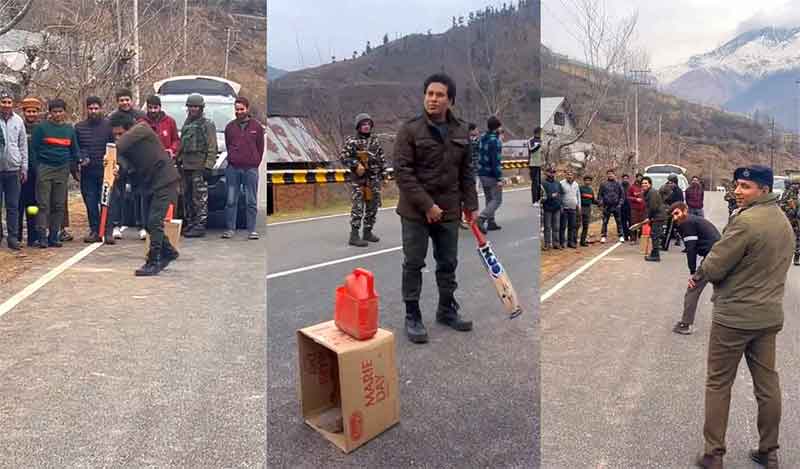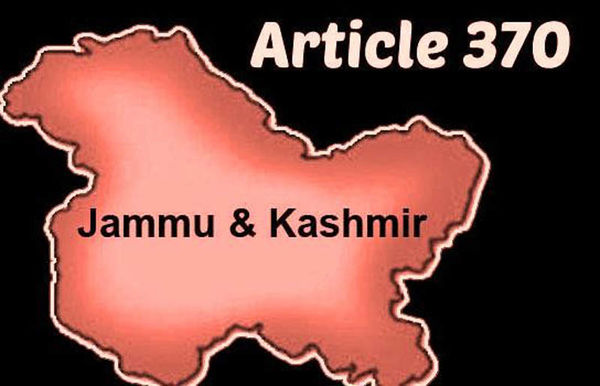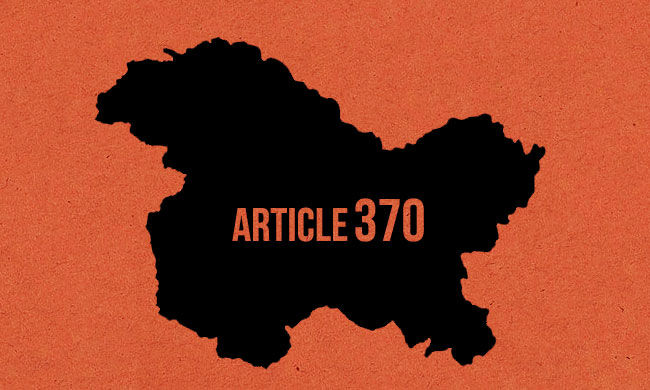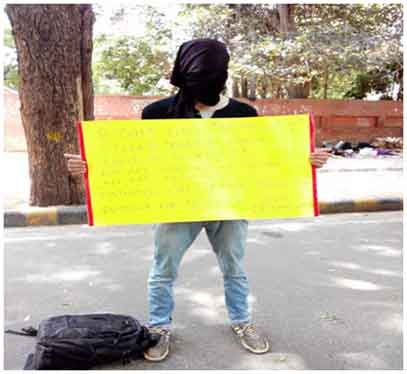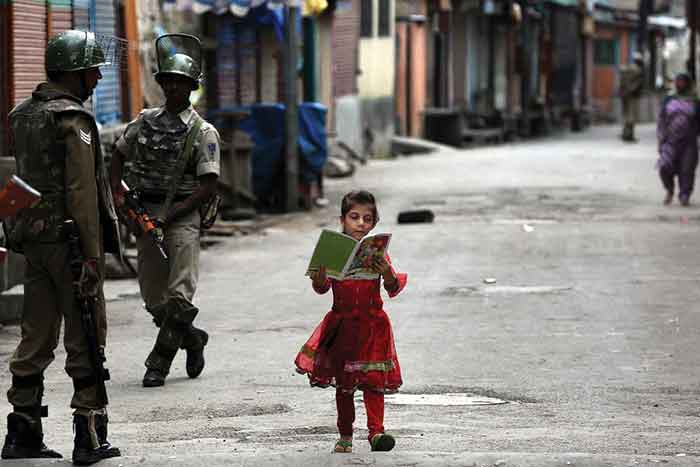
The Forum for Human Rights, an informal group of 21 concerned Indian citizens have come up with a report of the one year direct rule in the Union territory of Jammu and Kashmir.
The informal group comprises six top level judges of India, six high level bureaucrats, three members from Indian armed forces, two members from human rights organization , one Vice Chancellor, one writer and historian and one journalist, besides a former member, Group of Interlocutors for Jammu and Kashmir.
The report covers the period from August 4, 2019 when the abrogation of Article 370 and creation of two union territories was announced till July 19, 2020, that’s some two weeks before the completion of 12 months period.
The report says the Union government’s action had a disastrous impact on the Union territory of Jammu and Kashmir. The findings of the report are eye opening. The Union government’s action instead of doing any good has brought untold miseries to the people of the former state of Jammu and Kashmir.
The report goes on to say that the Union government has miserably failed on each of the many human development indexes and has led to a near-total alienation of the people in Kashmir valley.
The report raises a serious concern about the social, political and economic, state of affairs. It further points out that certain policies of the government, such as the new domicile rule is abhorred by the people of Kashmir valley.
The report makes numerous recommendations to salvage the deteriorating situation and suggests that as an initial peace-building approach there should be a deliberate attempt for conflict reduction in a phased manner. The report that the 2000-2013 phase should be restored immediately to bring any sanity to the madness that is going on in Kashmir.
Here is a short summary of the findings of the report prepared by the concerned citizens.
Economy: In Jammu and Kashmir, the industries have suffered severe blows, pushing the majority into loan defaults or even closures. Hundreds of thousands of people have lost their jobs or have undergone salary deferment or cuts. The new domicile rules of the government have eroded prior employment protections for permanent residents in the newly constituted Union territory.
The report says almost every sector, local and regional industries have suffered huge losses. Companies that are heavily or solely reliant on 4G networks, such as tourism and cottage industries, have been forced out of business due to ill-conceived policy of the government.
Political: There is no elected representative to advocate the interests of the people. Majority of political leaders are put in preventive detention. Those released had to pledge that they would not criticize government actions.
The statutory bodies to which citizens could go to seek redress their grievances virtually have ceased to exist. All state commissions for human rights, women and child rights, anti-corruption and the right to information remain closed.
Education: The closures of schools and colleges have gravely impaired education. This has added to the trauma of children and parents. The impact of government policy of Kashmir lockdown on education is severe. Schools and colleges have barely functioned for 100 days between 2019 and 2020 (the bulk being pre-August 2019).
After the COVID-19 pandemic lockdown, the limiting of networks to 2G has made it impossible for online classes to function adequately in the Union territory. Graduate students and teachers have been unable to participate in conferences or have their papers published, causing willful harm to their careers and violating the rights to education under the Indian constitution.
Healthcare: In the last 11 months of lockdown, closures, barricades, checkpoints and restrictions on mobile telephony and internet connectivity have enormously impacted public health. It has caused acute trauma and stress amongst the people of Jammu and Kashmir. The healthcare system has totally collapsed due to severe restrictions, curfew and roadblocks. The rights of children to live in a stress free environment are deliberately ignored.
Media: The new media policy, which introduces censorship by the Directorate of Information and Public Relations (DIPR) in coordination with security agencies, is a death blow to the freedom of the press in Jammu and Kashmir.
The local media has been one of the worst sufferers. They have lost what little independence they had before the imposition of the direct rule. Journalists have been harassed and even booked on charges such as the Unlawful Activities Prevention Act (UAPA). Their content, readership and revenues have suffered a sharp decline. Dozens of journalists have lost their jobs.
Human Rights: The Government’s prioritization of counter-insurgency concerns over human security has led to huge violation of human rights. These include the vitiation of protections such as habeas corpus, prevention of illegal detention and strict restrictions on arrest and detention of children. There is denial of the right to bail and fair and speedy trial. There is misuse of draconian legislation, such as the Public Safety Act (PSA) and the UAPA to stifle dissent. The report documents the numerous human rights violations over civilian populations, children, adults and youth.
Creation of Militarized Zone: The Jammu and Kashmir government has decided to notify areas of the Union territory as ‘strategic areas’ that have to be developed by the army. This suggests further expansion of the military presence in the hinterland and border areas of Jammu and Kashmir. In fact the Union territory has a huge number of armed personnel representing occupational armies who maintain peace under the shadow of their guns.
Conclusion: The report concludes with a large number of recommendations. The prominent among them is a complete roll-back of the August 2019 decision and to restore the statehood status to Jammu and Kashmir. The report goes on to recommend that the policy and practices that prevailed from 2000-2013 should be put in place in the erstwhile state. Such measures can alone bring any semblance of normalcy to the beleaguered territory of the country.
—
Syed Ali Mujtaba is a journalist based in Chennai. He can be contacted at [email protected]
SIGN UP FOR COUNTERCURRENTS DAILY NEWSLETTER

